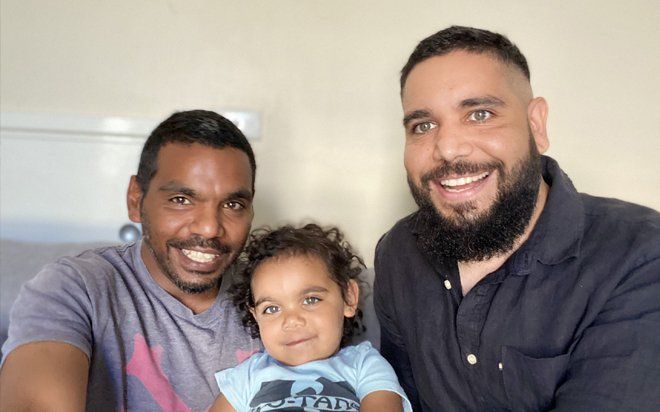Nunkuwarrin Yunti: Deadly Dads
Above: FPW Trent Turner with baby Nylah and dad Ricky
Playing video games and barbecues as a chance to connect and/or bring dads together as a group are just two ideas that Trent Turner has floated since he recently took on the role of Men’s Aboriginal Family Partnership Worker at Nunkuwarrin Yunti in Adelaide.
“It’s a case of engaging with the young dads, making the connection, and building trust and rapport,” says Trent, who applauds the long-term component of the program. “It’s a two-year connection, which I believe is the only way to go to develop that trust.”
Two years ago, Nunkuwarrin Yunti’s ANFPP became the first in Australia to create the specific role of Men’s Aboriginal Family Partnership Worker to support dads and Glenda Woodall, Nurse Supervisor of the Program in Adelaide, has witnessed the benefits. Glenda saw the potential of engaging the dads in the care of their babies and toddlers while nursing in Alice Springs and, on joining the ANFPP in Adelaide, she says “it became clear very early on that it was important to get the dads on board.
“Within the program in other states, there have been male FPWs working with the mums, but we recognised a gap and the need to have something specifically for the dads,” she says. “Going out on visits, they would ask ‘Is there someone for me to talk to as well’ and so we began to think of a specific Men’s FPW.
Trent is keen to explore and trial many avenues. “It is of course a collaborative team effort,” he says, “and I will be working closely with the FPWs and nurses assigned to each client – and the wider team – to see what works for the dads.”
Both Trent and Glenda are aware that their progress will be watched with interest across Australia. Another Men’s Aboriginal Family Partnership Worker position has been created in Katherine in the Northern Territory and other Nurse Supervisors have been expressing an interest in the role.
Trent has brought extensive experience to this role, having spent 10 years with the Department of Child Protection. “Lots of people I was caring for and supporting were in their late teens – and many of our fathers in the program are teenagers,” he says. His experience includes helping people with everyday issues such as housing and employment, helping them develop their life skills and also working with clients in high-risk situations. In his new role he will be facilitating and supporting new dads to learn about their child’s needs and development, become aware of how their behaviour may impact on their family and encouraging behaviour change to contribute to providing a loving, safe home.
Trent was drawn to the caring profession through numerous casual jobs while studying: tutoring high school students, working as a youth worker with Catholic Education, working with Aboriginal boarders and mentoring.
“I see multiple benefits in giving the dads someone who will engage and support them,” he says. “It could be someone to speak to on the phone, to debrief after the birth or during an extreme situation, such as a child protection issue.
“There are some resources for men, and I think that will be another area to look at.” The ANFPP in Adelaide is in the process of developing its own booklets specifically for fathers aimed at the three phases of Pregnancy, Infancy and Toddlerhood.
“I am already talking to some dads who are keen to look at digital media such as Instagram to connect with me and other dads,” says Trent. “Podcasts are another tool – that could be handy when they are up in the middle of the night with a restless baby. Gaming with a few dads is another idea – it’s maybe not learning about health – but it could be another space for men to support each other.”
Trent also considers his strong cultural upbringing is a door-opener with the dads. “I’ve always been very connected culturally and that has definitely helped with connecting with some of the fathers. I’ve always found it a great starter,” he says. “A perfect example is a non-Aboriginal dad whose daughter is Aboriginal and who wants to learn more about the culture.
“Some Indigenous dads don’t have much connection with their family or culture, and others are wanting to learn about their partner’s culture.”
Glenda says Trent’s youth and interest in media are also a bonus. “He’s suggesting things I wouldn’t have thought about,” she says.
Trent’s role is to encourage engagement and he’s coming up with innovative ideas. It’s important to have the dads supporting the mums and to be recognised in their own right – Trent’s role is to encourage the fathers – to help them be the best dad and partner that they can be. While the mums are encouraged and supported to attend their antenatal appointments, for example, so too can Trent support the dads whether it’s a job interview, encouraging them to attend antenatal appointments too, engaging the dads in their own health care and educational opportunity or appointments concerning housing etc. Someone they know and trust.
“I can’t stress enough how important the dads are in helping mothers, to understand what their partner is going through, be it post-natal depression or something else, to be present and active in the lives of their children and learning good parenting practices, being involved in contraception decisions. There’s so much we can support them with: letting them know how valued they are as they prepare for their journey into fatherhood.”





